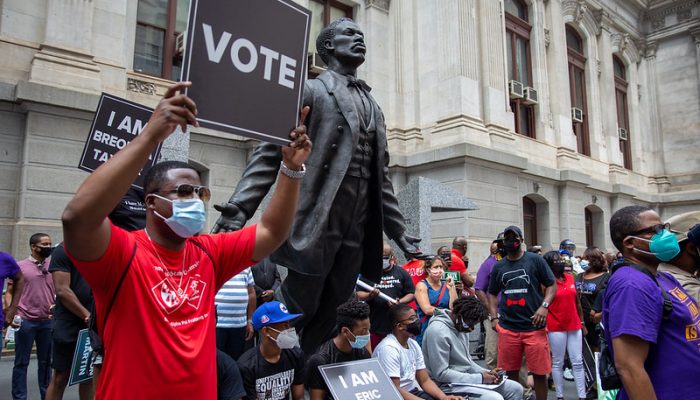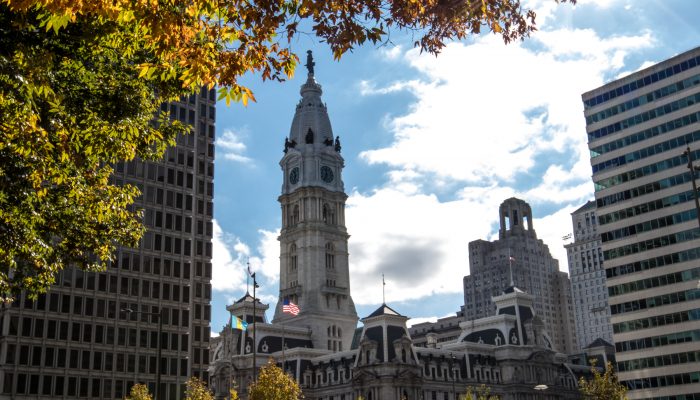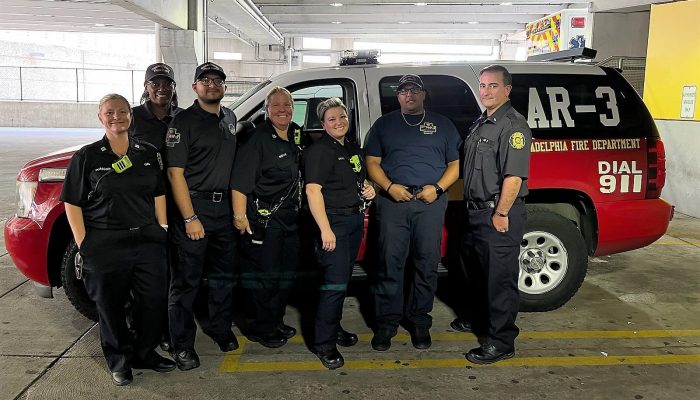Communities across our city are caught in chronic, simultaneous cycles of harm. We haven’t been able to sit still long enough to mourn one loss before the breaking news of the next loss arrives. We are righteously angry.
Violence is the quickest, easiest, and most immediately gratifying response to feeling offended, ashamed, defeated, or hopeless. But though it may be convenient, violence is always expensive. Violence only reproduces itself.
This moment requires care as a first response. When each morning brings fresh pain and that pain takes the form of protest, we must interrupt costly cycles of harm by offering care and not aggression. If people need a space to wrestle with their anger, we must create it. If people need room to show up for each other in solidarity, we must make way. Here’s the good news: care also reproduces itself!
Care is the daily provision to which we must be faithful. Let’s provide mutual care for each other. Know care, know justice, know peace.
Community Healing Circles: Join us!
We are creating safe spaces for people to talk, vent, and process their emotions in communion with other residents. The City will be hosting virtual Community Healing Circles on Zoom.
These Community Healing Circles are intended to help residents share their feelings and find community and support from neighbors. We will be hosting two events each week over the next three weeks. The next session is Tuesday, May 27, from 5:30 to 6:30 p.m. Join a Community Healing session.
Resources
Please know, this is not an exhaustive list of resources, more can be found at the Department of Behavioral Health and Intellectual Disability Services.
Best practices to host a healing conversation in your community
While we are providing Healing Spaces to the Community, we also recognize that others are holding healing spaces and conversations. Best practices for hosting a healing space are available here.
For more information, email public.engagement@phila.gov.
Mental health resources
Remember that if you are in crisis, we strongly urge you to call the Philadelphia Crisis Line at 215-685-6440. This hotline operates 24/7 and has behavioral health specialists ready to respond to those in need of immediate help.
- Boost Your Mood is a resource guide from Healthy Minds Philly that has wellness and mental health tips for everyone.
- Black Men Heal provides mental health and community resources for Men of Color.
- MindPHL provides free mental health resources and programs from the City of Philadelphia in collaboration with Independence Blue Cross.
- Healthy Minds Philly has a guide to Addressing Trauma and Violence (PDF) which provides information about community supports in the face of trauma.
- Philadelphia Department of Behavioral Health and Intellectual disAbility Services has many resources related to mental health and substance abuse.
Pathways to Reform, Transformation, and Reconciliation
Learn more about relevant updates on policing reforms and work the City is leading towards racial justice and equity.
Protest guidance
All of us have the right to express our beliefs. We have the right to gather, march, and protest peacefully and safely. Great progress has been made when we unite in a common cause for the greatest good, and peaceful protest is the American way.
- A “Know Your Rights” guide is available on the ACLU’s website.
- The Philadelphia Police Advisory Commission has a guide about police accountability during protests (PDF) in Philadelphia.
Message from Tumar Alexander, Managing Director for the City of Philadelphia
Please note, the message below was originally written as the nation awaited the verdict in the Derek Chauvin trial.
While I am currently a ranking official for the City of Philadelphia, I am first and foremost a Black man. Like so many others, I was horrified by the senseless and inhumane murder of George Floyd. The widespread and pain-filled protests experienced across the country reminded us that we have a long way to go not only in healing our nation’s racial divides, but in addressing systemic and implicit biases that prevent Black, Brown, Latino, and other communities from full participation.
While we support the right to peacefully protest, we also acknowledge and understand the civil unrest that took place last year. However, we do not want to see a repeat of the unlawful and destructive acts we endured last summer. Many communities were left without easy access to the necessities they so desperately needed such as food and medication.
The late Dr. Martin Luther King Jr once said, “Certain conditions continue to exist in our society, which must be condemned as vigorously as we condemn riots. But in the final analysis, a riot is the language of the unheard. And what is it that America has failed to hear? It has failed to hear that the plight of the [black] poor has worsened over the last few years. It has failed to hear that the promises of freedom and justice have not been met.”
As in all things, robust, open, and honest communication will be the key to healing. Now more than ever, our voices must be heard. Together we must openly process the trauma and damage inflicted by the deadly assault of George Floyd. While I hope that the just verdict brought relief to some, I know that a just verdict does not equal justice. We have a long way to go, but ultimately, I am hopeful that together we can work toward making our city the best that it can be. Finding and offering support to your community is a critical step.
Healing and restoration are ongoing processes. Open and honest dialogue benefits all people because regardless of background, we are all impacted by the narratives and conditions of our world. The “Care as First Response” Toolkit provides information on how to host and guide healing conversations as well as self-care tips, mental health resources, and information on knowing your rights while protesting.
It is my hope that this guide will help you create safe spaces for conversation with friends, family, colleagues, and neighbors. A place to help us talk about racism, racial identity, equity, justice, and the way these forces shape our society.
We have a long way to go, but ultimately, I am hopeful that together we can heal the divide and begin a discussion on how we are going to work toward making our city the best that it can be.
Tumar Alexander
Managing Director, City of Philadelphia



